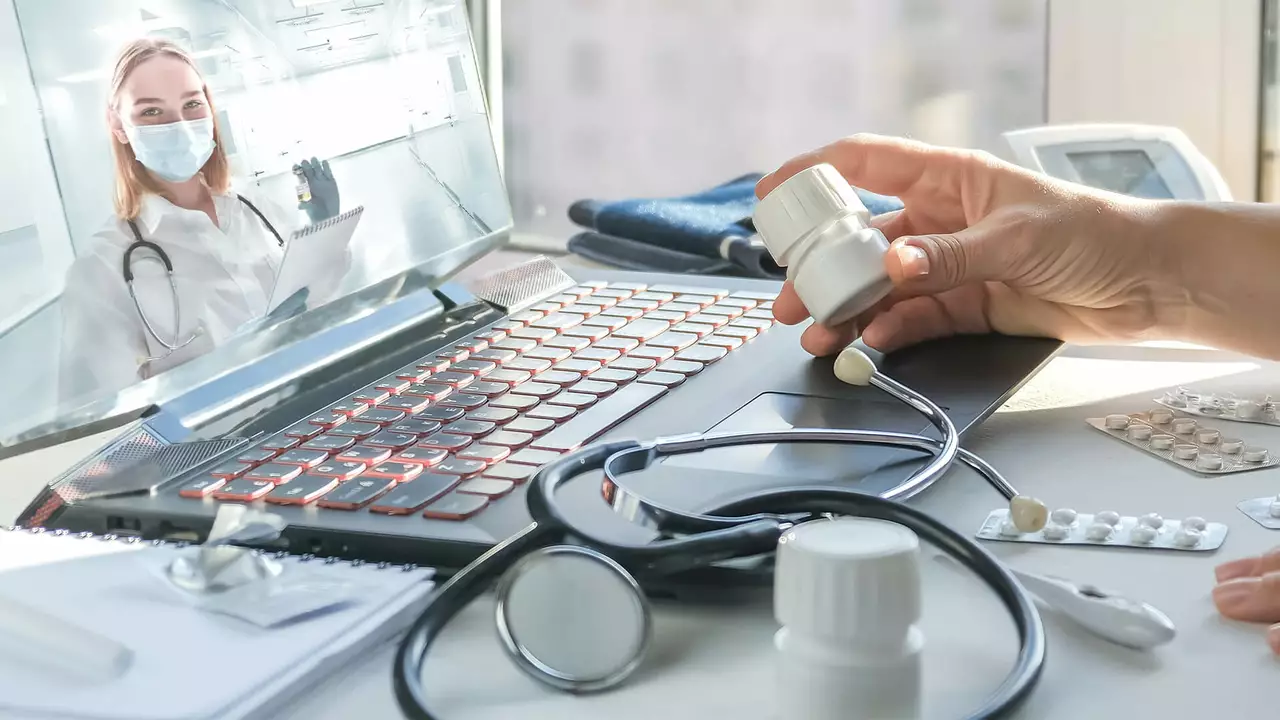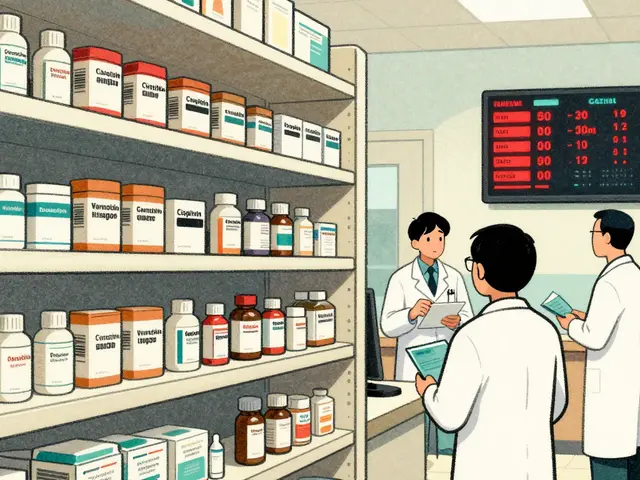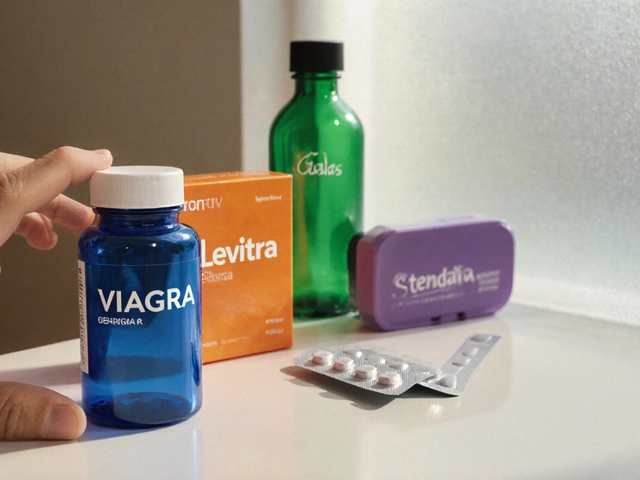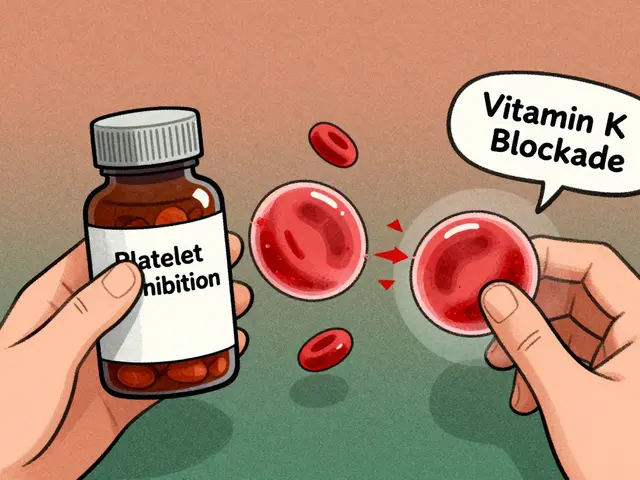Digital Age: Safe Online Pharmacies, Telemedicine & Health Tech
More people order medicine and consult doctors online than ever. That convenience is great — but it brings risks. Use simple checks and a few habits to protect your health, your money, and your data.
How to spot a safe online pharmacy
First, verify the basics. A real pharmacy shows a physical address, a licensed pharmacist name, and clear contact info. Look for pharmacy licenses or seals from recognized agencies in the country where the store operates. If a site refuses to show a prescription requirement for prescription-only drugs, walk away.
Check the URL: secure sites start with https and have a padlock icon. Still, a padlock only means the site encrypts data — it doesn’t guarantee legitimacy. Read recent user reviews on independent sites, not only the testimonials on the pharmacy page. Be wary of prices that seem too low for prescription meds; they are common signs of counterfeit products.
Ask yourself practical questions: Can I speak to a licensed pharmacist? Is there a clear returns and shipping policy? Are generic and brand options explained? If you can’t get simple answers, don’t buy.
Smart habits for telemedicine and protecting your data
When you use telemedicine, confirm the doctor’s credentials and the clinic’s name. Legit services will list the doctor’s qualifications and let you verify them. Use secure video platforms recommended by the clinic; avoid random apps that don’t protect medical records.
Keep copies of prescriptions and consultation notes. If something goes wrong — wrong drug, unexpected side effects — those records speed up any follow-up with a real doctor or pharmacist.
Protect your payment info. Prefer credit cards or trusted payment systems that offer buyer protection. Avoid wiring money or using unfamiliar crypto options for medicine orders. Check privacy policies: good sites explain what they collect and how they protect it. If a site ignores GDPR or data safeguards, that’s a red flag.
Watch shipping and customs rules. Some countries restrict certain drugs. If a shipment is seized or delayed, you may not get a refund fast. Choose pharmacies that use tracked shipping and clear packaging descriptions.
Think about interactions and safety, not just price. Supplements and medicines can interact with each other or with health conditions. Use reliable sources and ask a pharmacist before mixing new supplements with prescription drugs.
If you want quick reading, our digital-age tag gathers practical guides: how to buy antibiotics safely online, tips for ordering growth hormone responsibly, telemedicine advice, and comparisons of popular health websites. Use those guides to learn specifics for a medicine or service before you buy.
Small checks save you big trouble. Verify credentials, demand prescriptions when required, protect your data, and keep records of every purchase and consultation. In the digital age, being cautious feels extra — but it keeps you safe and makes online care actually work for you.

- Jun 27, 2023
- Posted by Cillian Osterfield
Clozapine in the Digital Age: The Role of Telemedicine and Remote Monitoring in Treatment
In this digital era, telemedicine and remote monitoring are playing a crucial role in the treatment with Clozapine. They are enabling doctors to monitor patients' health and adjust dosages remotely, making treatment more effective and convenient. This has also minimized the risk and inconvenience of regular hospital visits, especially during these challenging times of the COVID-19 pandemic. Also, digital health technologies are ensuring adherence to treatment plans, leading to better health outcomes. It's fascinating to see how technology is revolutionizing the treatment of patients on Clozapine.
Categories
- Health and Wellness (72)
- Medications (72)
- Health and Medicine (28)
- Pharmacy Services (12)
- Mental Health (9)
- Health and Career (2)
- Medical Research (2)
- Business and Finance (2)
- Health Information (2)
Latest Posts
©2026 heydoctor.su. All rights reserved





